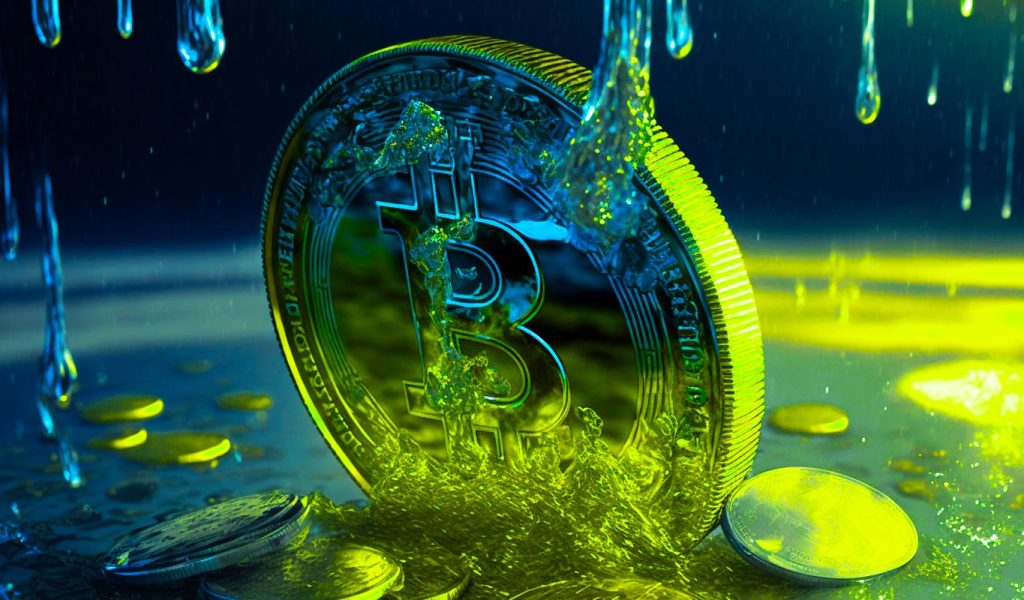Amid the snowy peaks of Davos, a clandestine assembly of banking chiefs took place during the World Economic Forum, signaling a pivotal moment for the global economy. This exclusive gathering, veiled in discretion and comprising over sixty financial titans, including Jamie Dimon of JPMorgan Chase, tackled the labyrinthine issues currently throttling the financial sector. Chief among these were the burgeoning challenges from fintech firms and neobanks, the tightening noose of regulatory demands, and the teetering scales of the global economic landscape.
Financial Goliaths Grapple with Fintech Disruption
The seismic shift in the financial landscape is palpable, with digital upstarts – fintechs and neobanks – nipping at the heels of traditional banking behemoths. These disruptors, unencumbered by brick-and-mortar legacies, are rewriting the rules of financial engagement, particularly in the U.S. and Europe. This digital onslaught has compelled established banks to pivot, often awkwardly, towards a more digitized modus operandi. However, the jury is still out on whether these old dogs can learn new tricks fast enough to keep pace with their digital counterparts, who are currently winning the race in customer satisfaction in the digital realm.
The Regulatory Tightrope
If dodging digital darts wasn’t challenging enough, the banking chiefs are also wrestling with a regulatory Goliath. The specter of heightened capital requirements, looming like a storm cloud since the announcement by the U.S. Federal Reserve in mid-2023, has sent ripples of unease through the corridors of financial power. This proposed regulatory overhaul, dubbed the “Basel Endgame,” is a direct response to the domino-like collapse of several prominent U.S. banks, including the high-profile Silicon Valley Bank debacle. But there’s more than meets the eye here. The banking elite argue that such stringent measures could strangle the economy by stifling their lending capabilities. Their counter-argument? Shine the regulatory spotlight on the so-called ‘shadow lenders,’ perceived as the potential Achilles heel in the next financial crisis.
Nestled within this regulatory tug-of-war is a broader narrative of global economic uncertainty. The banking leaders are skating on thin ice, with potential shifts in global forex rates and the tightening of monetary policies. Add to this the upcoming key elections in the U.S. and the European Union, and you have a recipe for an economic rollercoaster ride. The big question looms: How will these political chess games impact the already intricate web of global banking?
Now, let’s take a step back and ponder the larger picture of global economic integration. We’ve come a long way since the days of trade in the mid-19th century. The journey of global trade has been anything but smooth, marked by soaring peaks and gut-wrenching troughs. The early 20th century saw a plummet in trade activities, only to rise like a phoenix post-World War II. Fast forward to the 1990s, and the world was gripped by ‘hyperglobalisation,’ fueled by rapid technological advancements and a collective nod towards market liberalization. This era saw a spike in international transactions and capital flows, dwarfing the growth of trade in goods and services.
However, as all good things come to an end, so did the era of hyperglobalisation, morphing into what some call ‘slowbalisation.’ This new phase, marked by trade growing in tandem with world output, is a far cry from its predecessor’s heady days. The drivers of this shift are manifold – diminishing opportunities for trade expansion, ideological shifts towards protectionism, and global shocks like the pandemic underscoring the risks of over-reliance on trade.
As we stand at the crossroads of history, the big question is: What next? Will the global economy continue to hobble along this path of relative openness, or are we on the brink of a more dramatic unraveling? The future of the global economy hangs in the balance, teetering between continuity and chaos. One thing is certain: the world of banking and finance, much like the rest of us, is in for a wild ride. So buckle up, because if there’s anything the recent past has taught us, it’s to expect the unexpected.





